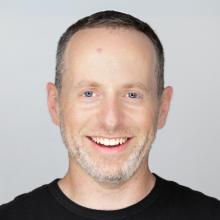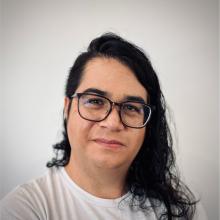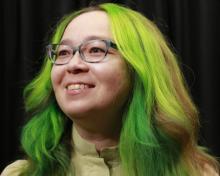Summary
Disclaimer: This summary has been generated by AI. It is experimental, and feedback is welcomed. Please reach out to info@qconsf.com with any comments or concerns.
The presentation "The Future of Engineering: Mindsets That Matter When Code Isn’t Enough" by Ben Greene explores how the role of software engineers is evolving with advancements in automation and AI. The presentation is organized around several key lessons derived from the startup world.
Key Points:
- Simple Beginnings: Emphasizes starting with simple systems, referring to Gul's Law which states that effective complex systems evolve from simpler ones. The initial focus should be on creating simple, working models before adding complexity.
- Understanding Before Change: Notes the importance of thoroughly understanding existing systems before making changes. This prevents creating 'black box' systems that are difficult to modify safely.
- Giving Up Perfect for Progress: Encourages embracing imperfections and learning from real-world use to drive further development, rather than waiting for a perfect product.
- The Einstelung Effect: Warns against defaulting to familiar solutions and challenges engineers to pursue innovative approaches that are significantly better than existing solutions.
- Pursuing Impact: Stresses that engineers should understand the broader business and customer context to solve meaningful problems, adding value beyond just technical solutions.
- Embracing Non-Technical Skills: Highlights the necessity for engineers to develop skills such as creativity and empathy that are crucial for problem-solving in collaborative environments.
- Overcoming Imposter Syndrome: Suggests dealing with the common feeling of inadequacy by embracing continual learning and growing beyond traditional roles.
The presentation underscores that while automation can perform many coding tasks, the human element remains crucial for thoughtful, impactful engineering. Engineers are encouraged to adapt by broadening their skills and perspectives—focusing not just on coding, but on solving complex, real-world problems.
This is the end of the AI-generated content.
Abstract
Since the first compiler, software has been a stack of human-friendly abstractions translated into machine instructions. The engineers who understood at least some of what was going on under the hood were essential—indispensable even. But now? Thanks to AI, your PM and designer can ship working prototypes with real code faster than you can. Face it: you might be not as important as you used to be. At least, not if you keep seeing your job in the same way. So it's time to take a big step back from what you thought engineering was and rethink what it’s actually for. And whether you're into them or not, startups just may hold the lessons you need to survive and thrive in the coming era.
Takeaways:
- Understand where AI sits in the grand evolution of software engineering, what's not changing, and why startups are the right thought experiment even if you never build one
- Re-engage with the critical mental models that still hold sway and are only becoming more important
- Review the mindsets that will serve you well and the mindsets that won't
- Reframe your engineering job for your future success, whether you're founding startups or never stepping foot in them
Speaker

Ben Greene
4X Founding CTO, Co-Founder and CTO @Tessi, Co-Creator of FreeFormula.Exchange, CTO-in-Residence at Techstars Boston
Ben Greene is Co-Founder and CTO of Tessi, a mission-driven startup that is using AI and automation to make home restoration after disasters faster, easier and safer. He is also the co-creator of FreeFormula.Exchange, a technology non-profit that supports caregivers in need of baby formula. He is a 4x founding CTO, including: Outcomes4Me, a digital platform for cancer patients backed by clinical evidence; Windshield, an enterprise collaboration tool for building organizational alignment; and NextLot, an online auction platform for licensed auctioneers. Ben uses his broad engineering and product skillset and his deep startup experience as a hands-on contributor, leader and mentor.





